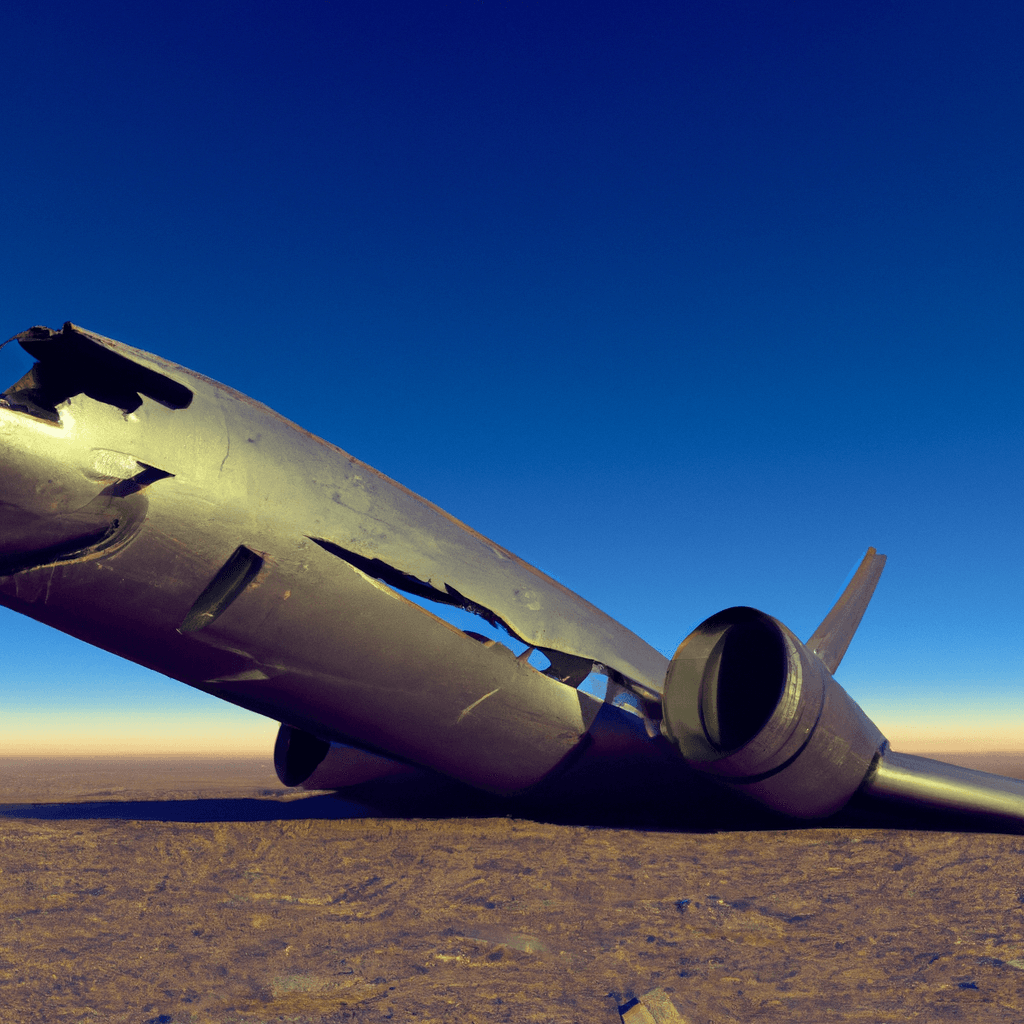Understanding Plane Crashes: Causes and Consequences
Exploring the factors that lead to aviation disasters

The aviation industry is one of the safest modes of transportation, yet plane crashes capture public attention like no other incident. This blog delves into the multifaceted causes of plane crashes and the profound consequences that follow.
1. The Complexity of Aviation
Air travel involves intricate systems, including mechanics, technology, human factors, and regulatory policies. When these systems function seamlessly, flying is safe. However, a failure in any component can lead to catastrophic results.
2. Common Causes of Plane Crashes
- Human Error: The most significant factor in aviation accidents, human error can range from miscommunication in the cockpit to poor decision-making during critical moments.
- Mechanical Failure: Despite rigorous maintenance protocols, mechanical failures can occur, leading to malfunctions that can jeopardize flight safety.
- Weather Conditions: Severe weather such as thunderstorms, fog, and ice can create hazardous flying conditions, contributing to accidents.
- Pilot Training and Experience: Insufficient training or lack of experience can hinder a pilot's ability to respond effectively in emergencies.
3. The Aftermath of a Plane Crash
The consequences of a plane crash extend beyond the immediate loss of life. Families of victims face unimaginable grief, and the airline industry must contend with regulatory investigations, potential lawsuits, and a tarnished reputation.
4. Lessons Learned and Safety Improvements
Each aviation disaster serves as a tragic reminder of the need for constant vigilance. The industry has made significant strides in safety protocols, including improved pilot training programs, advanced technology in aircraft design, and better communication systems.
Conclusion
While the occurrence of plane crashes remains a concern, understanding their causes and consequences is crucial to preventing future tragedies. As we continue to enhance our safety measures and learn from past experiences, the hope is that flying will remain a safe and reliable means of transportation.